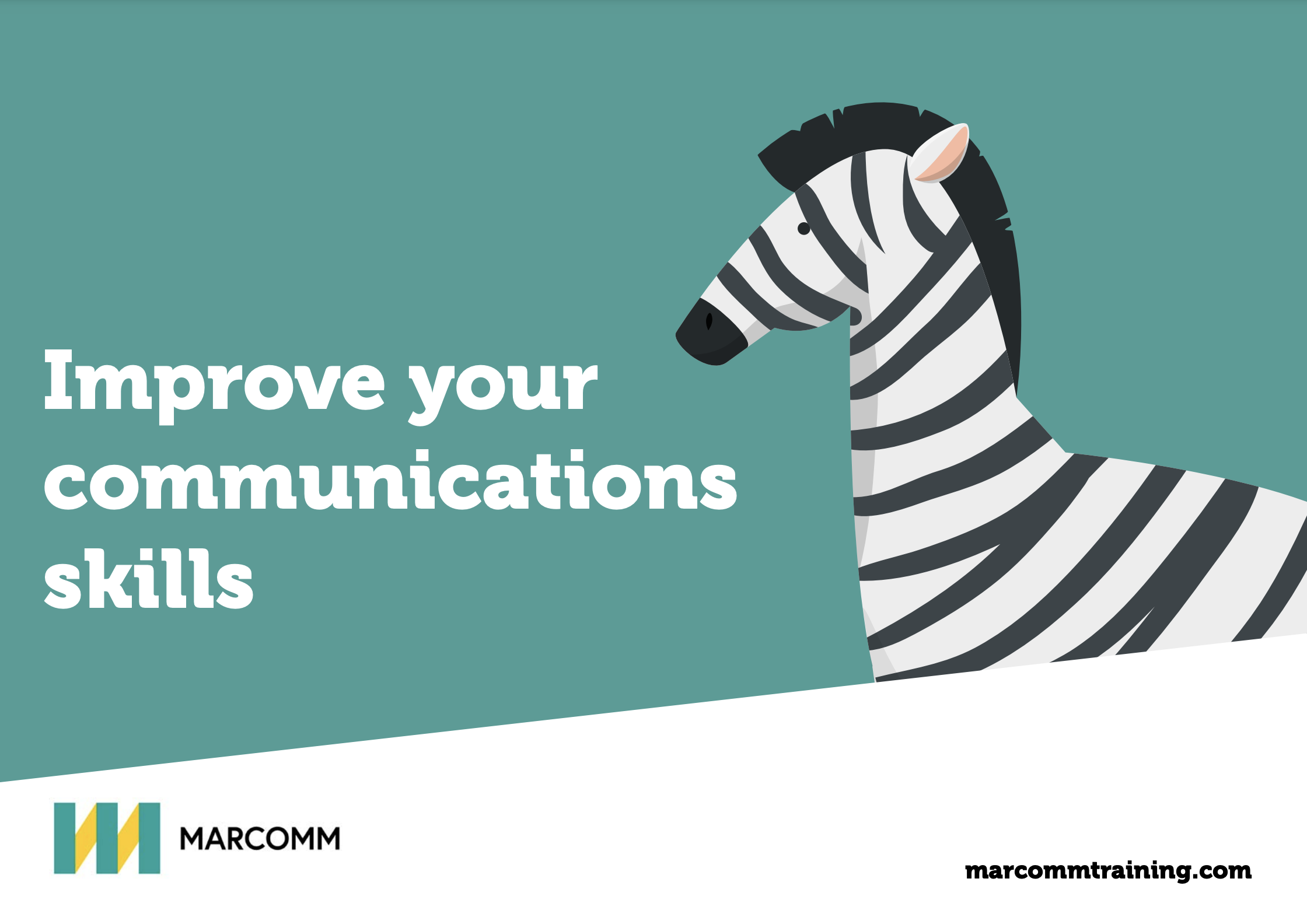Guidelines for Completing Competency Based Application Forms
Competency based application forms are designed to help you to present relevant evidence in order that decision makers can evaluate how well you ‘fit’ the requirements of a particular role. Relevant evidence is usually drawn from you work experience and the way in which you have accomplished a range of activities. Those involved in screening the activities will be evaluating the information you give against specific competencies required for effective performance in the role. To do this they need you to give enough detail so that they can tell what you actually did and how you did it.

The people doing the screening will not assume that you demonstrate a competency at the right level just because of your current role, length of experience or educational qualifications. These do not give enough competency-based evidence about how you accomplished relevant tasks.
So, if a question on a competency based application form is about your approach to decision making, you need to do more than describe your current role and list important decisions you have made. You will need to decide how you reached relevant decisions
Some guidelines for presenting yourself well in a competency-based application from are given below:
- Give specific examples – most questions will ask you to describe an example of when you have demonstrated a competency; try to do this concisely but with enough detail that the reader will be clear about what you actually did. This detail might include information about timescales, the number of people involved, budgets etc. It can help to use bullet points so that the sequence of events is clear to the reader.
- Give a range of examples – if possible, base your answers on different situations or challenges you faced rather than rely on just one experience. This helps the reader to evaluate how to tackle different challenges and not just your behaviour in a “one off” situation.
- Be concrete rather than theoretical – a clear description of how you actually behaved in a particular situation (and why) is of much more use to the reader than a vague or general description of what you consider to be desirable attributes.
For example, in relation to a competency about leadership:
“I am confident and approachable person and my style of leadership is focused on effective communication, I feel it is very important to get consensus because I think that greater collaboration will be essential for the future of the organisation.”
While this may be true, in terms of evidence it is much less effective than:
“The team leaders were unsure about the deadlines, so the next day I got the whole team together, went through the plan again, checked that each individual understood the timescales and asked them to report back weekly.”
Flexible Thinking
Give an example of a time when you have had to significantly change a plan or course of action. What different options did you consider? What barriers or objections did you have to overcome?
Key words and phrases such as “change”, “consider different options “and “overcome barriers” help to remind you of how “Flexible Thinking” is being defined and, therefore, how you should focus your answer. You can prepare and plan your answers by thinking about the role in question and then writing down how you think a given competency would be demonstrated in practice, in that role. You can then relate this to examples from your own experience as you complete the application.
Don’t assume that your current role, your qualifications or your track record will “speak for themselves”. You need to provide examples in the way described above in order to give evidence relevant to the competencies.
Finally, it pays to be realistic and honest as you complete an application. It is in your own best interest, as well as in the best interest of the organisation, that all those involved in the selection process can make a fair and accurate assessment of “best fit” in terms of the requirements of the role.
Documentation Completion - Top Tips for Effective Applications
- Be very clear about the job and person requirements – advertisement and information pack and other means
- Understand what information is being asked of you
- Pay attention to the essential criteria
- Place emphasis on evidence of achievement. This will assist in preparation for the interview
- Be concise and interesting
- Aim to achieve impact – make it readable – get a second opinion from close colleagues
- Typed rather than handwritten – highlighting significant words – awareness of house style – Arial 12/14?
- Selection and briefing of referees
- Keep a copy for yourself
- Am I really committed to proceeding with this application?
Professional Language
The words that you use in your application can help to convey your understanding of the work environment and an ability to communicate in an appropriate professional language if recruited to the position. However, be careful with the thesaurus – you can go too far.
These words and phrases may be useful, where relevant, in job applications:
Experience:
- More than … years’ extensive and diverse experience in
- Demonstrated skills in
- Extensive academic/practical background in
- Experienced in all aspects of
- Knowledge of/experienced as/proficient in
- Provided technical assistance to
Ability:
- Extensive training/involvement in
- Proficient/competent at
- Initially employed to/joined organisation to specialise in
Success:
- Promoted to
- Succeeded in
- Proven track record in
- Experience involved/included
- Successful in/at instrumental in
Responsibilities:
- In charge of/supervised/delegated
- Now involved in/co-ordinate
- Familiar with
- Employed to/handle
- Assigned to
Roles:
- Edited
- Established/created/designed
- Formulated
- Initiated
- Implemented
- Managed
- Presented
- Worked closely with/collaborated
- Constant interaction with
Other words to use:
Ability | Budget | Determined | Effective | Efficient | Enhanced |
Enthusiastic | Excellent | Imagination | Initiative | Intelligent | Investigate |
Judgment | Markets | Notable | Opportunity | Perseverance | Practical |
Proficient | Progress | Prominent | Punctual | Reasonable | Resilient |
Recommend | Reputable | Responsible | Service | Substantial | Thorough |

